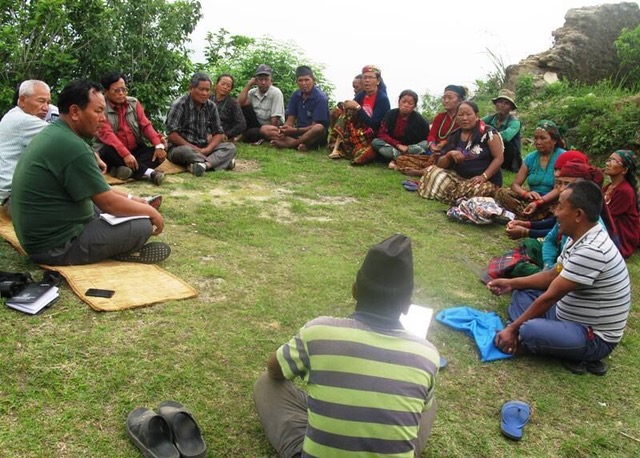If one were to google the indigenous group Dura, an interesting but alarming fact about them is the near extinction of their language. In fact, the Dura language is spoken by a few, or nearly none at all. Being a marginalized group in Nepal, the Duras not only have to contend with this threat to their culture, but more so, to face the challenge of revitalizing and promoting their traditional knowledge and customary practices as a means to protect their natural and forest resources which are their lifeblood.
As traditional farmers in Lamjung, the Duras rely on their traditional knowledge, skills, and practices to sustainably manage their forests, water sources, and herbal medicine. To enhance this knowledge, they had to learn new methods and innovations through the Community-based Monitoring and Information System (CBMIS). This aided in raising their awareness and appreciation of the wealth of their own biodiversity and ecosystem. Adopting and integrating the CBMIS into their community life as a collective endeavour was a clear assertion and protection of their rights as indigenous peoples. Coupled with the concern on language at the brink of obliteration, the migration to the cities and foreign countries for employment and education among the youth is to be hurdled. There are only a few youths left in the village to continue the traditional knowledge on sustainable resource management and biodiversity conservation.
One component of the CBMIS was advocacy and lobby training which provided the community leaders including the women, the opportunity to study and appreciate the issues of indigenous peoples. With their capacities, they had the agency to engage local authorities on the matter of self-determined development with regard to sustainable forest and other natural resource management.
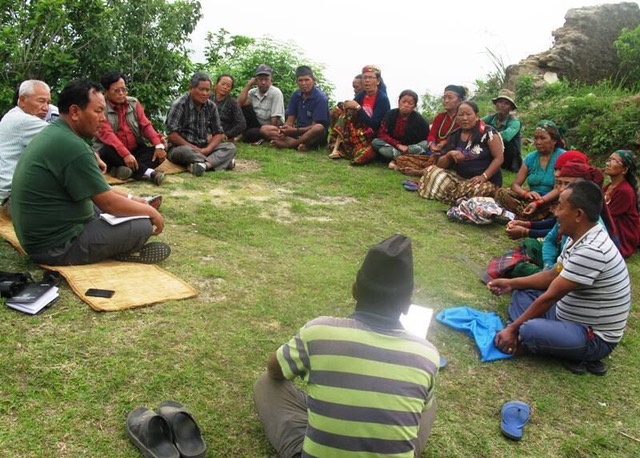
For broader reach and easier communication, the CBMIS Training Manual in English was translated to Nepali and printed for the community trainings which also included other indigenous groups and dalits in adjacent villages.
Enthusiasm for the project translated to harnessing support for the establishment of a CBMIS Center as local counterpart initiated by Dura leaders. This served as the repository of the participants’ Resource Inventory or Data Collection on medicinalplants and venue for learning of the future generations.
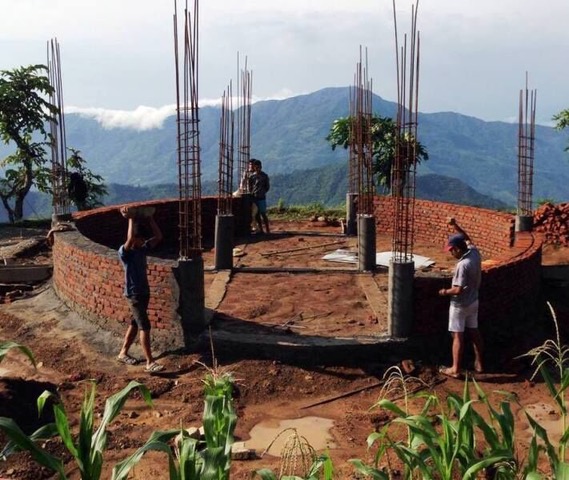
As an integrative project, CBMIS conducted trainings on vegetable farming, bee keeping, traditional bamboo weaving and community exposure. Economic empowerment translated to livelihood activities that provided regular income, women’s financial independence, skills transfer to the youth, and higher motivation among community members.
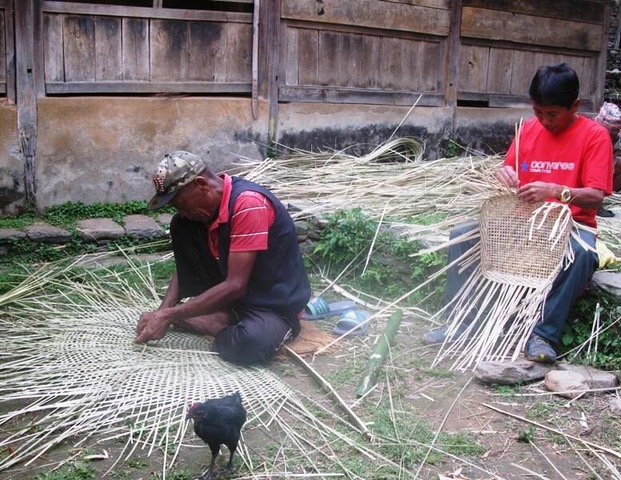
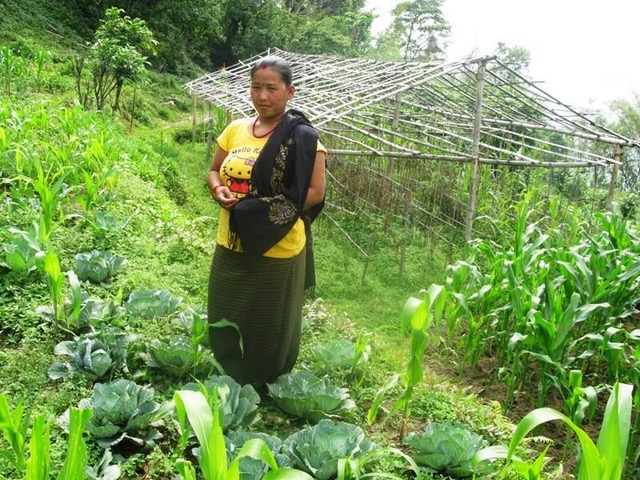
All the participants in the communities reflected a heightened level of awareness and capacity to articulate their issues and concerns not only on the community, but on the national level as well. Equipped now with the learning on social entrepreneurship, protection and promotion of their traditional knowledge and cultural practices for sustainable livelihoods and natural resources and forest management, the communities highly regard their role as resource monitors and stewards.
As in any community project, there were blocks and challenges that had to be hurdled such as strike, blockade, migration and monsoon weather, but these factors were dealt with flexibly and the project was implemented as planned, with adequate efforts to ensure balance and equal participation of men and women, youth, elders, caste and ethnic groups.
Influences may threaten the Dura language, there may be continuing migration of the youth, but the continued practice of traditional wisdom in safeguarding their natural resources might well be an assurance of persistence. The CBMIS is a template of stewardship that the Duras can be proud of.
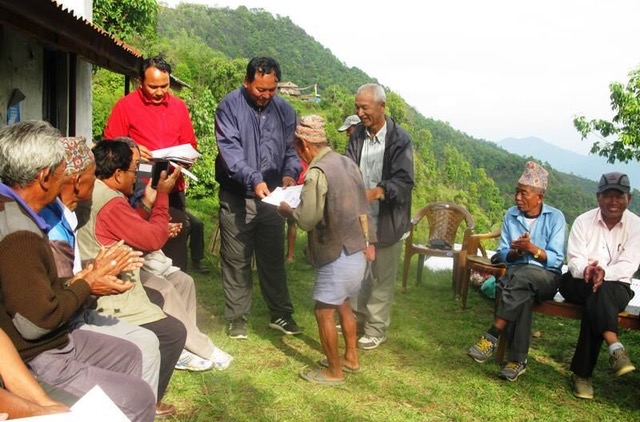
Promotion of Traditional Knowledge and Cultural Practices for Sustainable Management of Forest and Natural Resources through Community Based Monitoring and Information System (CBMIS) was a project implemented by the Center for Indigenous Peoples Research and Development (CIPRED) and Tebtebba Foundation with support from PAWANKA Fund.

